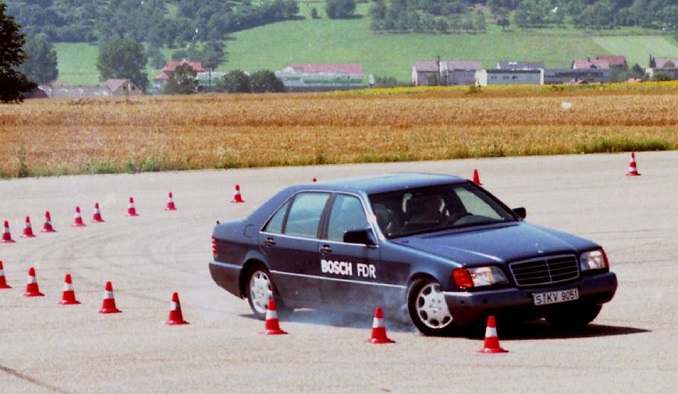ESP celebrates it's 25th years anniversary! Time for some facts!
ESP celebrates it's 25th years anniversary! Time for some facts!
It may not seem like a long time ago, but ESP - which stands for "Electronic Stability Program" - was introduced for passenger vehicles as early as 1995. In the years that followed, the system has become a true phenomenon. Partly thanks to a few legislative changes, the popularity of ESP received a huge boost, making this functionality a crucial part in today's car. To celebrate this, we went into the history books, with this infographic as a result!
-
 1984: Bosch starts developing electronic stability systemAfter Bosch had already started producing ABS systems in the 1970s, the idea arose a few years later to further improve the safety of the car. They were given this idea by Toyota, which in 1983 equipped the Toyota Crown with "Anti-Skid Control". This improved form of ABS triggered the Bosch engineers to take a closer look at the existing ABS system and thus make it even more dynamic.
1984: Bosch starts developing electronic stability systemAfter Bosch had already started producing ABS systems in the 1970s, the idea arose a few years later to further improve the safety of the car. They were given this idea by Toyota, which in 1983 equipped the Toyota Crown with "Anti-Skid Control". This improved form of ABS triggered the Bosch engineers to take a closer look at the existing ABS system and thus make it even more dynamic. -
1992: Mercedes-Benz and Bosch join forcesThe development of ESP suddenly gained momentum in 1992 when Mercedes-Benz and Bosch decided to cooperate. Mercedes-Benz is eager to equip the latest S-Class with this new revolutionary stability system. The catch: this means there is only 36 months to get the system ready for production ...
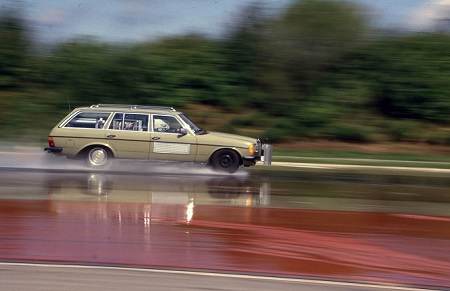
-
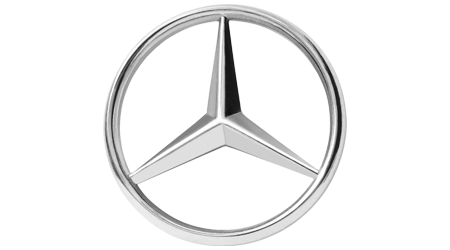 1995: Mercedes introduces the first ESP system on the S-ClassBosch and Mercedes keep their promise. Three years after, the start of their partnership, the first Electronic Stability Program (ESP) goes into production on the top model of the already exclusive S-Class: the S600. After that, it took a few more years for ESP to actually become available for the "mainstream car", because at the time the cost of making the ESP system was still so high that it was only used on Mercedes' most exclusive models.
1995: Mercedes introduces the first ESP system on the S-ClassBosch and Mercedes keep their promise. Three years after, the start of their partnership, the first Electronic Stability Program (ESP) goes into production on the top model of the already exclusive S-Class: the S600. After that, it took a few more years for ESP to actually become available for the "mainstream car", because at the time the cost of making the ESP system was still so high that it was only used on Mercedes' most exclusive models. -
1997: Mercedes A-Class gets ESP system after failing moose testTwo years after the introduction of the S600, the ESP system was actually still too expensive for the less expensive models, but this quickly changed in 1997. Shortly after the unveiling of the new A-Class, this car failed the moose test: a well-known evasive manoeuvre that was regularly performed by a Swedish car magazine at the time. Because of the sudden steering movement, the car almost fell on its side!
Mercedes immediately went back to the drawing board. Several technical improvements were made, with the application of ESP being by far the biggest change. The test was then carried out again and voilà: the car kept running smoothly on four wheels. The A-Class thus became the first car from the "lower segment" to be equipped with ESP.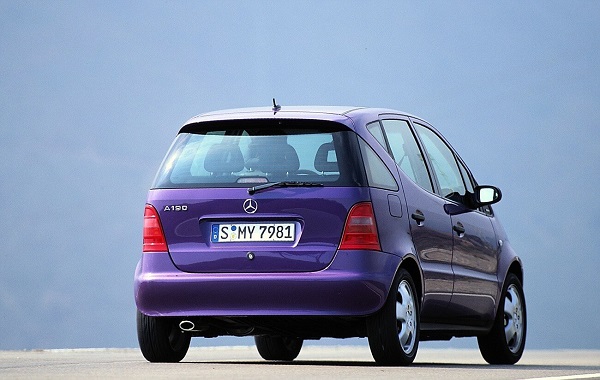
-
1999: Mercedes applies ESP as standard to every carAfter the success of the addition of ESP to the A-Class and the safety gains achieved with this, Mercedes is the first car brand in the world to make the decision to apply ESP as standard to every car.
-
 2000: Bosch proves that ESP reduces the risk of accidentsBosch published a study in 2000 that looked back at 5 years of ESP, which concluded that ESP prevents 20-25% of car accidents, where control of the car is lost.
2000: Bosch proves that ESP reduces the risk of accidentsBosch published a study in 2000 that looked back at 5 years of ESP, which concluded that ESP prevents 20-25% of car accidents, where control of the car is lost. -
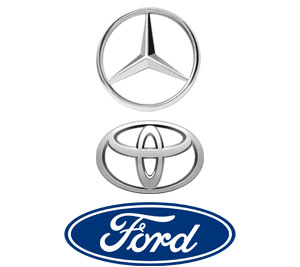 2001: Ford, Toyota and Mercedes confirm results
2001: Ford, Toyota and Mercedes confirm results -
2003: Bosch produces 10 millionth ESP systemEight years after the launch of the first ESP system, Bosch produced their ten millionth ESP system rolled off the production line. The success of the addition of the stability system to the A-Class and the results of the various studies are generating ever-growing interest from the market. More and more brands recognize the need for a stability system.
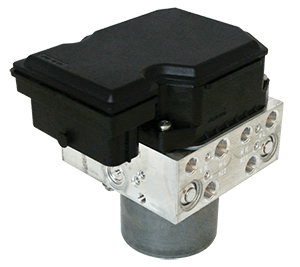
-
2011: ESC / ESP is mandatory on all new cars in CanadaCanada is the first country in the world to require car manufacturers to equip new cars with an electronic stability system.
-
2012: ESC / ESP is mandatory on all new cars in the USFollowing Canada's new legalisation, the US follows a year later and requires car manufacturers to add ESC functionality to the cars.
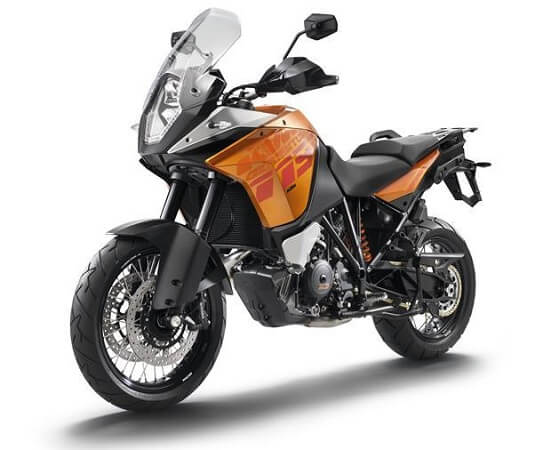
-
2013: First motorcycle ABS is implemented with ESPCoincidence or not, but exactly 25 years after the introduction of the very first motorcycle ABS, the very first ABS for motorcycles with ESP functionality is presented. The KTM 1190 Adventure models are equipped with ABS / ESP from Bosch.
-
2014: Bosch produces 100 millionth ESP systemBy making stability systems mandatory in various countries, the number of cars with these functionalities is increasing rapidly. Where 10 million ESP systems were produced in the first eight years, that number has increased by 90 million (!) In the nine years since, breaking the barrier of 100 million units.
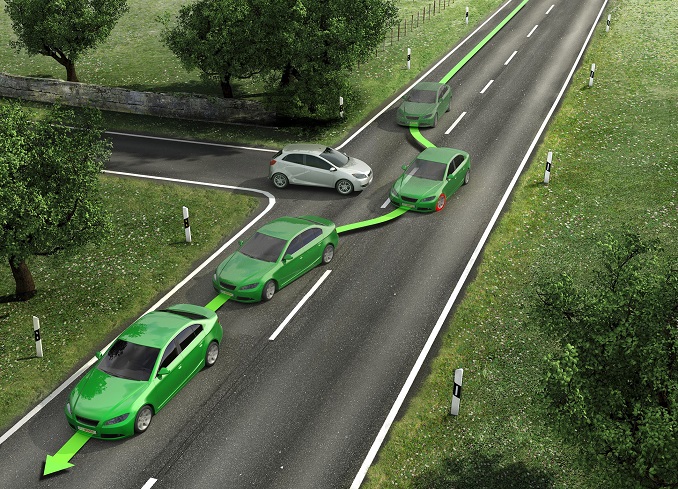
-
2014: ESC is mandatory on all new cars in the EUFollowing on from Canada, America and now also Australia, countries in the European Union also oblige car manufacturers to use electronic stability systems in cars.
-
 2017: 64% of all new cars sold worldwide have ESPThe fact that more and more countries and regions designate ESP as mandatory is clearly evident from the percentage of cars that were equipped with ESP in 2017: in 2017, 64% of all newly produced cars were equipped with ESP.
2017: 64% of all new cars sold worldwide have ESPThe fact that more and more countries and regions designate ESP as mandatory is clearly evident from the percentage of cars that were equipped with ESP in 2017: in 2017, 64% of all newly produced cars were equipped with ESP. -
2020: Bosch produces 250 millionth ESP system25 years after the introduction of the ESP system, Bosch shared that it has now produced 250 ABS units with ESP functionality. In addition, it is claimed that in the EU 15,000 lives have been saved thanks to ESP.
-
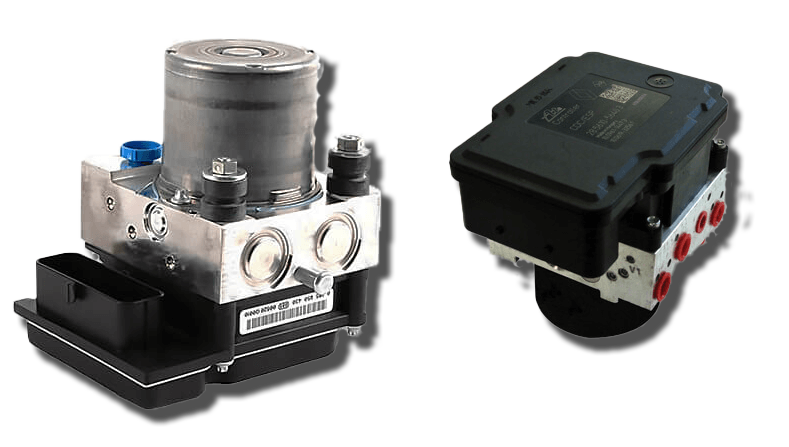 2020: 87% of all new cars sold worldwide have ESPThe vast majority of cars are now equipped with ESP. According to Bosch, 87% of newly produced cars worldwide have ESP!
2020: 87% of all new cars sold worldwide have ESPThe vast majority of cars are now equipped with ESP. According to Bosch, 87% of newly produced cars worldwide have ESP!

 da
da de
de es
es fr
fr it
it nb
nb nl
nl pt
pt sv
sv fi
fi